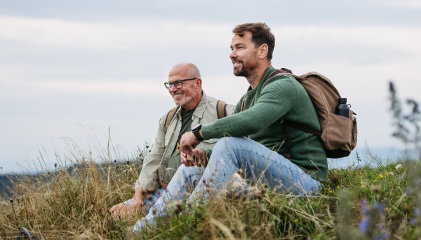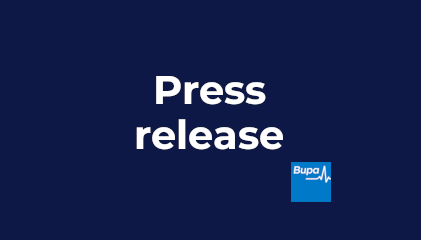On 31 December 2019, the World Health Organisation received reports of pneumonia of an unknown cause in Wuhan City in China. Authorities in China quickly identified the cause as a new (or novel) strain of coronavirus in early January. Novel coronavirus has continued to spread since this time, with confirmed cases now in multiple countries worldwide.
On 30 January 2020, the World Health Organisation Director-General declared the outbreak of novel coronavirus (COVID-19) a Public Health Emergency of International Concern. More cases are being identified each day, mostly in China, however it is important to be aware of the virus and how to protect yourself and loved ones.
What is the coronavirus?
Coronaviruses are a group of viruses that cause illnesses such as the common cold, to more severe conditions such as pneumonia, Middle East Respiratory Syndrome (MERS) and Severe Acute Respiratory syndrome (SARS). The strain of coronavirus (COVID-19) that has caused the outbreak in China is new, and not previously known.
What causes coronavirus?
These types of virus cause illnesses in animals and humans. COVID-19 can be spread person-to-person but the original source of the virus has not been confirmed.
What are the symptoms?
The main symptoms of this coronavirus include:
- respiratory symptoms (like those you have with a cold)
- fever (high temperature)
- cough
- shortness of breath
- breathing difficulties
In more severe cases the virus can cause pneumonia, Severe Acute Respiratory Syndrome (SARS) – a severe form of pneumonia, kidney failure and death.
Who is affected?
So far, coronavirus has been confirmed in a number of places including China, Republic of Korea, Japan, Italy, the United States, Singapore, Australia, Canada, France, Germany, Spain, in the Middle East and the UK. Cases are being confirmed on an ongoing basis, with the World Health Organisation and local health authorities providing daily updates.
How should I protect myself?
- Wash your hands really well using running water and soap and use alcohol-based gels.
- Wash your hands: after you cough or sneeze; if you’re looking after someone; when you’re preparing food; after eating; after using the toilet; if your hands are dirty, and/or you’ve been near farm or wild animals.
- Avoid touching your eyes, nose and mouth.
- Stay home if you feel unwell and stay away from unwell people.
World Health Organisation recommendations to reduce exposure and transmission also include the following:
- Frequently clean hands by using soap and water or alcohol-based hand rubs;
- Maintain at least one metre (3 feet) distance between yourself and anyone who is coughing or sneezing;
- When coughing and sneezing cover your mouth and nose with flexed elbow or tissue. Throw the tissue away immediately and wash hands;
- Avoid close contact with anyone who has fever and cough;
- If you have a fever, cough and difficulty breathing, seek medical attention and call your medical provider in advance. Follow the directions of your local health authority. *Stay informed on the latest developments about COVID-19.
Where can I get updated information about Novel Coronavirus?
The World Health Organisation is providing regular updates about Novel Coronavirus.
National and regional health authorities are also publishing local guidance on their websites, including Public Health England.
Several Bupa businesses have produced local advice about Novel Coronavirus, which you can view on their websites:
About Bupa
Bupa's purpose is helping people live longer, healthier, happier lives and making a better world.
We are an international healthcare company serving over 31 million customers worldwide. With no shareholders, we reinvest profits into providing more and better healthcare for the benefit of current and future customers.
We directly employ around 85,000 people, principally in the UK, Australia, Spain, Chile, Poland, New Zealand, Hong Kong SAR, Turkey, Brazil, Mexico, the US, Middle East and Ireland. We also have associate businesses in Saudi Arabia and India.



